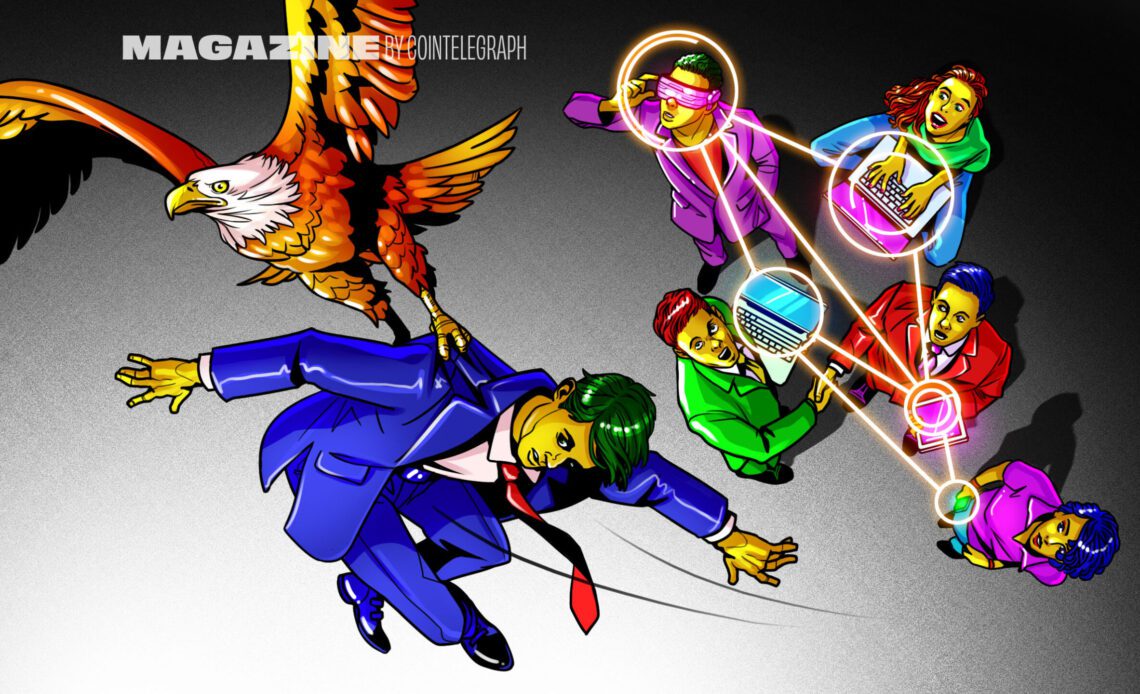Buying DAO tokens? That’s no longer risk-free: Courts might consider you a partner in the business and judge you liable for millions in hacked funds. Another legal trap may be found simply working for a DAO — and implementing community decisions that turn out to be illegal in some far-flung jurisdiction.
With many DAO communities waking up to the reality that they need some sort of legal structure or “legal personality” in order to act in the real world, solutions from mimicking corporate structures to anonymously run foundations are being floated by lawyers around the world.
Nothing in this article should be construed as legal advice — and not just because the law isn’t clear about any of it.
Code is law?
In 2021, Magazine interviewed Griff Green, whose heroic actions to thwart The DAO hack on the morning of June 17, 2016, helped save a good proportion of the 14% of Ether in existence at the time. By identifying how the exploit worked, his team of hackers worked to “steal” faster than the malicious actor, thus limiting the amount taken by the individual who discovered the error in The DAO’s code. But who did this ETH belong to?
Did it belong to the 11,000 investors who had contributed Ether toward the project in the previous month? If so, what claim did they have, considering that these “investors” had handed their money to an organization without leaders or jurisdiction, governed entirely by smart contracts that operated according to the votes of investors?
Or did it belong to the “malicious hacker” who simply interacted with the publicly available smart contract in a way that allowed them to withdraw Ether? Many would argue this is perfectly legal as per the “code is law” mantra.
Since The DAO had no legal personality, by what law could it hope to pursue the hacker, even if they were identified? The same goes for the “investors” — how could they claim that the stolen Ether was theirs, given they made no legal agreements and signed no contracts when making their investments?
Perhaps the Ether that Green’s team got a hold of was now rightfully theirs? Green acknowledges that he took “a huge risk” with the preemptive stealing of 10% of the Ether in circulation and recalls how as word spread, a multitude of legal threats poured in demanding how the recovered funds should be distributed despite the fact that “we were just normal people; we didn’t have a company.”…
Click Here to Read the Full Original Article at Cointelegraph.com News…
























